
The EEAG Report on the European Economy 2014
The Road Towards Cohesion
Read or listen offline
Amazon KindleRecommendation
Each year, eminent economists with the European Economic Advisory Group of CESifo, a European research institution, gauge the fiscal and monetary well being of the euro zone as it slowly attempts to grow into a single, fully unified entity. Their analysis of 2013 compared to 2012, published in February 2014, details the region’s year-over-year economic circumstances, as well as its needs for further reforms. In particular, developing a single banking system for the euro zone remains problematic. The report examines the results of austerity since the sovereign debt crisis and proposes that Switzerland might provide a good model from political and economic unity. Policy makers and finance professionals who need a detailed précis on how the European economic situation evolved in 2013 will find this report valuable. Its only downside may be a tendency to equivocate, a common characteristic of economists – even more so, perhaps, when six of them collaborate on a compendium about a very fluid situation. Nevertheless, getAbstract recommends this comprehensive report for its trenchant, useful insights.
Summary
About the Author
The European Economic Advisory Group consists of economists Giuseppe Bertola, EDHEC Business School; John Driffill, Birkbeck College; Harold James, Princeton University; Hans-Werner Sinn, CESifo Group president; Jan-Egbert Sturm, KOF Swiss Economic Institute; and EEAG chairman Ákos Valentinyi, Cardiff Business School.








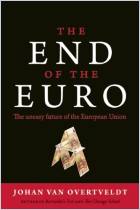
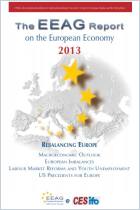
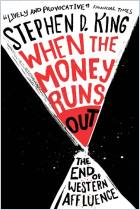
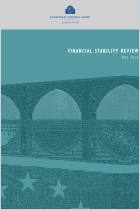
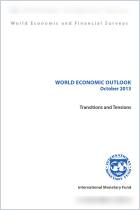






Comment on this summary